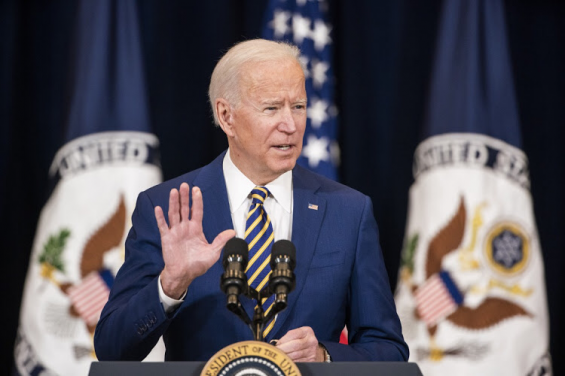On Thursday, February 4, President Joe Biden unveiled during his foreign policy speech delivered at the State Department, the main lines his administration wants to work on in the four years to come. «America is back. Diplomacy is back at the center of our foreign policy», he said. Biden promised, in his speech, to repair alliances that were affected during the Trump administration.
As for the Arab World, Joe Biden took the decision to end US support for the war in Yemen. The US National Security Advisor Jake Sullivan officially announced this measure earlier on Thursday.
The decision goes hand in hand with the announcement made in January by a member of the Biden administration. The latter revealed that the United States will temporarily suspend arms sales to Saudi Arabia and the United Arab Emirates.
However, in order not to irritate and further weaken his allies in the Wahhabi kingdom, Biden pledged to defend and guarantee Saudi Arabia's security from missile attacks from Iranian-supplied forces in multiple countries.
Normalization and the Western Sahara question ignored
Undeniably, the question of Western Sahara and the process of normalization between Israel and Arab countries were ignored by Joe Biden's foreign policy speech. The US president, known for his great pragmatism acquired through his many years in the Senate and the White House, avoided addressing the two sensitive and high priority issues for his Moroccan and Israeli allies.
Biden confirmed the promises made on January 23 by Jake Sullivan to his Israeli counterpart, Meir Ben Shabbat. The American official pledged to «enhance the partnership over the coming months, including by building on the success of Israel’s normalization arrangements with UAE, Bahrain, Sudan, and Morocco».
The US President seems to distance himself from previous statements by his foreign minister. On January 19, Antony Blinken said that «there are certain commitments that may have been made in the context of getting those countries to normalize relations with Israel that I think we should take a hard look at, and I imagine the committee feels the same way».
The deadlock on the Sahara issue is bad news for the Polisario and its Algerian godfather which have mobilized their allies in the United States to convince the new president to cancel the recognition of Morocco’s sovereignty over the Sahara. But there is no doubt that their lobbying campaign will continue in Washington.





 chargement...
chargement...













